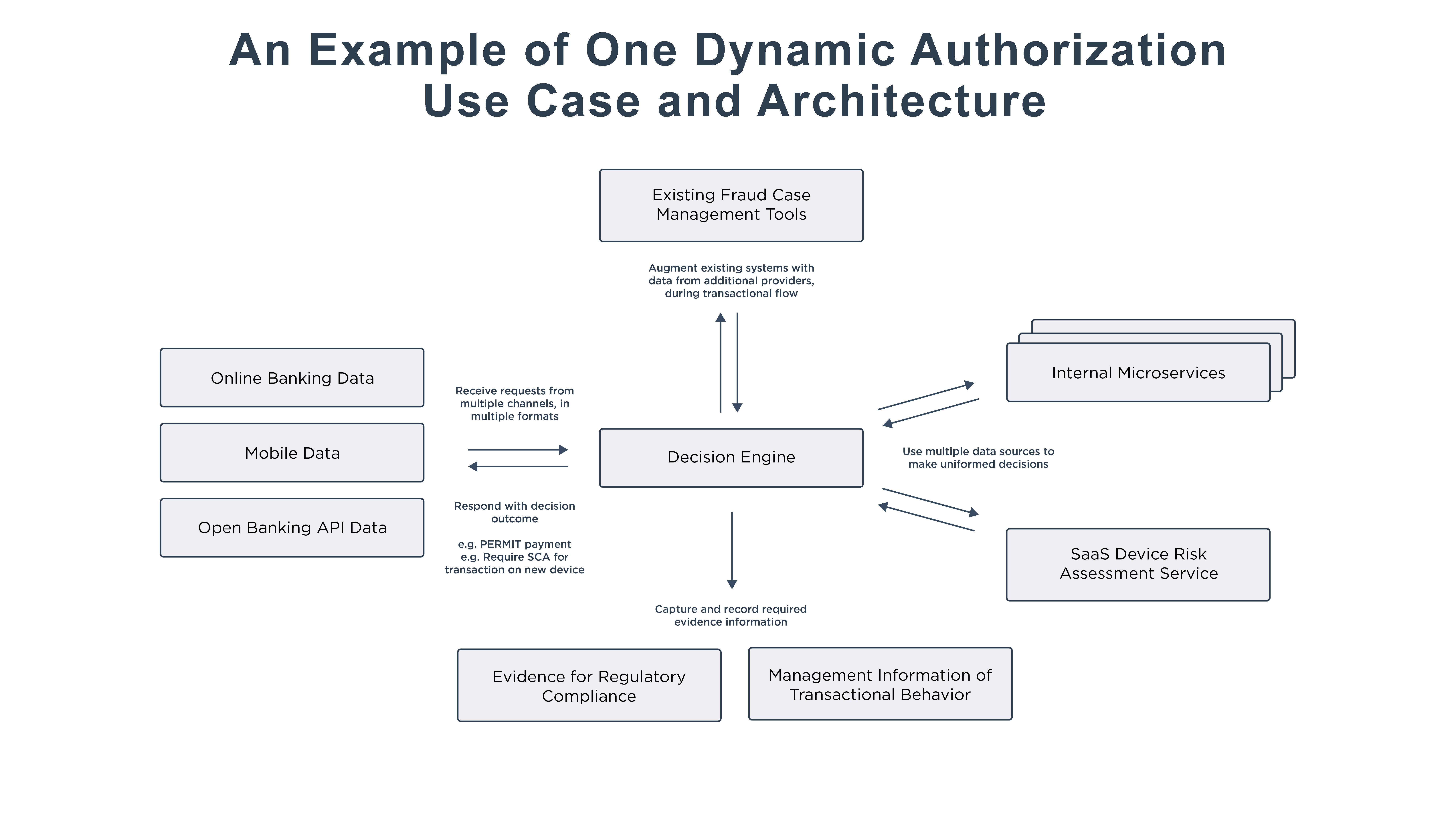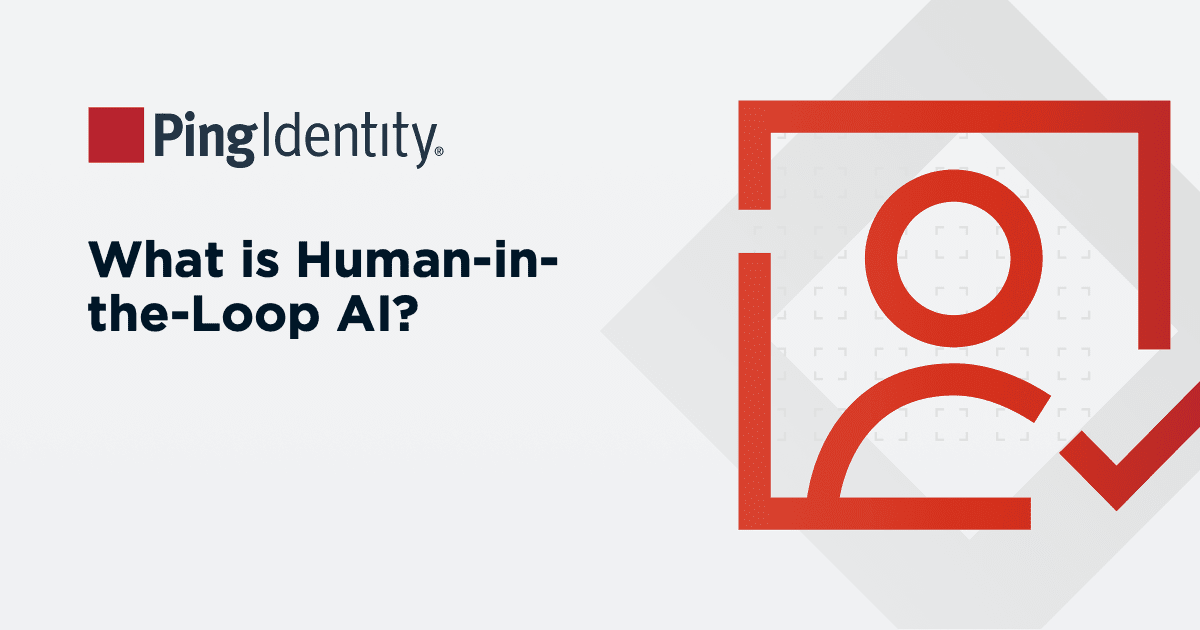Introduction
The pandemic left many businesses unprepared for the sudden shift from face-to-face interactions to mostly digital operations. From banks to retailers to grocery stores to healthcare providers, organizations without systems in place to support secure user access from devices 24/7 put their businesses, employees, partners, and customers at risk. In Ponemon’s 2021 study The Real Cost of Online Fraud, 61% of respondents said their organizations did not have the right technologies to mitigate online financial fraud.
Enterprises in the early stages of their digital transformation struggled to keep up with new market entrants with better customer experience, and they started losing market share. They also opened themselves up to attacks by bad actors. Organizations using role-based access control (RBAC), a coarse-grained approach that was effective when users and systems were on-premises, found that they needed a more flexible approach and migrated to an identity-defined security solution, attribute-based access control (ABAC) with dynamic authorization. This new approach combines centralized control with user-level context to make real-time decisions.




